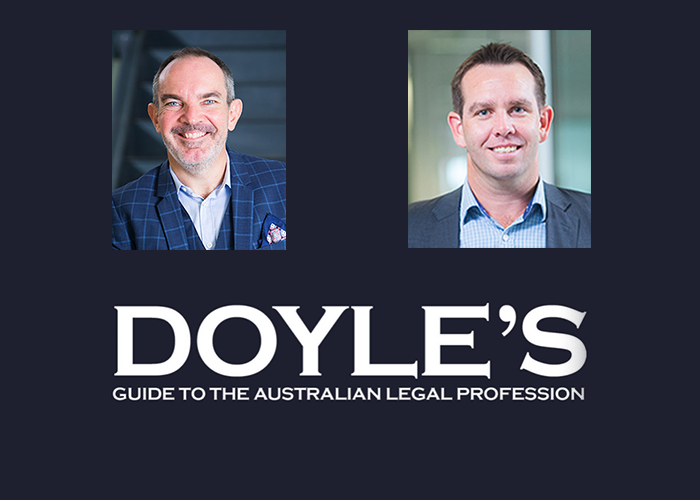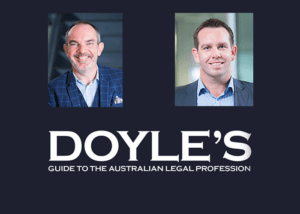The 2019 listings feature lawyers and law firms who have been identified by their peers as having leading specialist expertise and abilities in these areas of law. ...
- Expertise
- Expertise
- Agribusiness
- Airports and marinas
- Banking and financial services
- Building and construction disputes
- Capital markets
- Commissions of Inquiry
- Competition and consumer law
- Compliance and corporate governance
- Compulsory Third Party (CTP)
- Construction and infrastructure
- Corporate and commercial
- Defamation and reputation management
- Education and training
- Energy and resources
- Estate administration and disputes
- Estate planning
- Family business law
- Family law
- Franchising law
- Government services
- Restructuring and insolvency
- Insurance
- Intellectual property and technology
- Litigation and dispute resolution
- Mergers and acquisitions law
- Middle market enterprises (MME)
- Native title and cultural heritage
- Not-for-profit
- Personal legal services
- Personal Property Securities
- Planning and environment
- Professional advisers
- Professional liability
- Property and leasing
- Self-insurance
- Superannuation law
- Tax and revenue
- Tax disputes
- Transport and logistics
- Trusts
- Workers’ compensation
- Workplace relations and safety
- Team
- Careers
- Our firm
- News and insights
- Events and training








